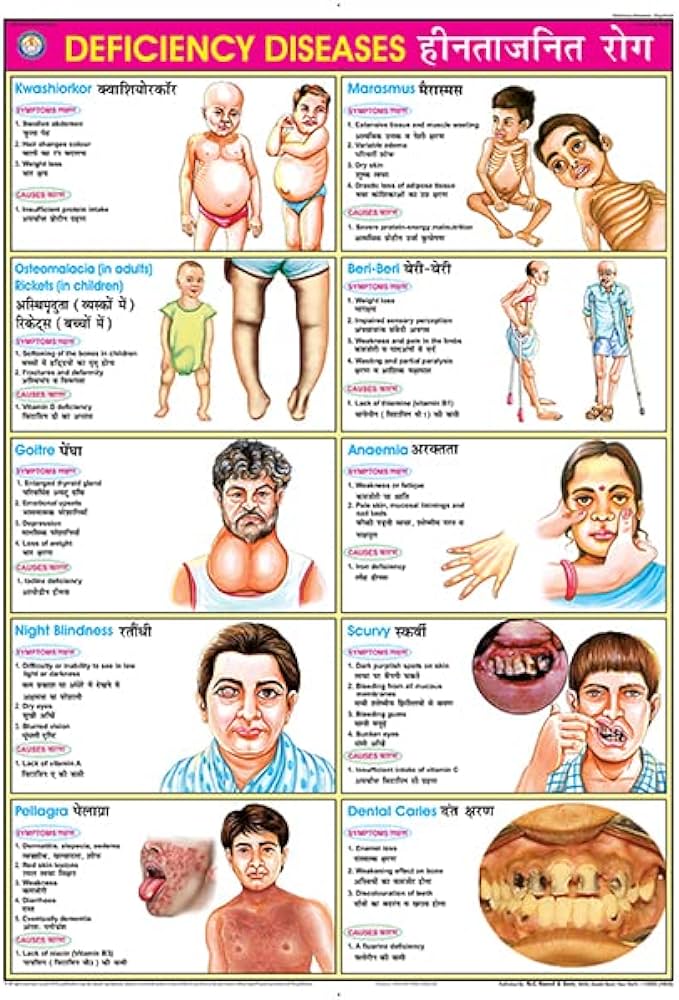What is nurtrion and effect on healthy life
Food and nutrition are the way that we get as fuel in our body We need to replace nutrients in our bodies with a new supply every day consult with nutritionist and dictions . Water is an important component of nutrition fist we know about difference between nutritionist and dictions Nutritionists and dietitians both play crucial roles in promoting health and wellness, but their scopes and qualifications differ.

Nutritionists typically focus on overall dietary habits and may provide general advice on nutrition and healthy eating. They often work in settings like fitness centers or wellness programs, offering guidance on meal planning and nutritional education.
On the other hand, dietitians are highly trained professionals with formal education and credentials. They are qualified to assess, diagnose, and treat dietary and nutritional problems, often working in healthcare settings such as hospitals, clinics, or private practice. Dietitians may develop personalized meal plans for
individuals with specific health conditions, provide nutritional therapy, and collaborate with other healthcare professionals to optimize patient care.
While both professions aim to improve dietary habits and promote well-being, dietitians undergo more extensive training and are equipped to address complex nutritional issues with evidence-based interventions. Nutrition is the cornerstone of overall health and well-being, serving as the foundation for optimal bodily function and vitality. It encompasses the complex process by which the body utilizes
nutrients from food to fuel its various systems and processes. A balanced diet rich in essential nutrients such as carbohydrates, proteins, fats, vitamins, and minerals is crucial for supporting growth, maintaining energy levels, and preventing disease.
Furthermore, dietary habits play a significant role in shaping long-term health outcomes, influencing factors such as weight management, heart health, and immune function. Therefore, cultivating healthy eating habits and making informed food choices are essential components of a sustainable lifestyle aimed at achieving and maintaining optimal health
Nutrient deficiency
Even with sufficient food intake, an imbalanced diet can expose you to potential nutritional deficiencies. Moreover, specific health circumstances, like pregnancy or the use of particular medications such as those for high blood pressure, can also contribute to such deficiencies. Individuals with a history of intestinal diseases, surgery for weight loss, or alcoholism are particularly susceptible to these deficiencies. Iron deficiency anemia is a common problem when people don’t get enough iron in their diet.
Iron is really important because it helps your blood carry oxygen. If you don’t have enough iron, your blood cells can’t work properly. Not just iron, but also not having enough of other things like vitamin B12, folate, or vitamin C can also make your blood cells unhealthy. When you don’t get enough vitamin D, your bones can become weak because your body can’t use calcium properly. While being in the sun helps your body make vitamin D, there are many other ways to get it without risking sunburn or skin problems.

People worried about skin cancer may not get enough sun, which can lead to low vitamin D levels. Other common nutritional problems include
- Beriberi: When you don’t get enough vitamin B1, often found in cereal husks.
- Ariboflavinosis: Low levels of vitamin B2.
- Pellagra: Low levels of vitamin B3.
- Paraesthesia: Feeling “pins and needles” due to low vitamin B5 levels.
- Biotin deficiency: Low vitamin B7 levels, which can happen during pregnancy.
- Hypocobalaminemia: Low vitamin B12 levels.
- Night blindness: Low vitamin A levels.
- Scurvy: Low vitamin C levels.
- Rickets: A severe lack of vitamin D and/or calcium.
- Vitamin K deficiency.
- Magnesium deficiency: Can happen with certain medications or medical issues.
- Potassium deficiency: Can occur with certain medications or health problems.

Eating a balanced diet can help prevent these problems. Sometimes, people like pregnant women or those with digestive issues might need vitamin supplements.
emphasizes the critical role of nutrition in promoting optimal health and vitality, underscoring the importance of consuming a balanced diet rich in essential nutrients. It discusses how nutritional deficiencies can arise from various factors such as dietary imbalances, specific health conditions, or lifestyle choices, and outlines the potential consequences of such deficiencies on bodily functions and health outcomes.